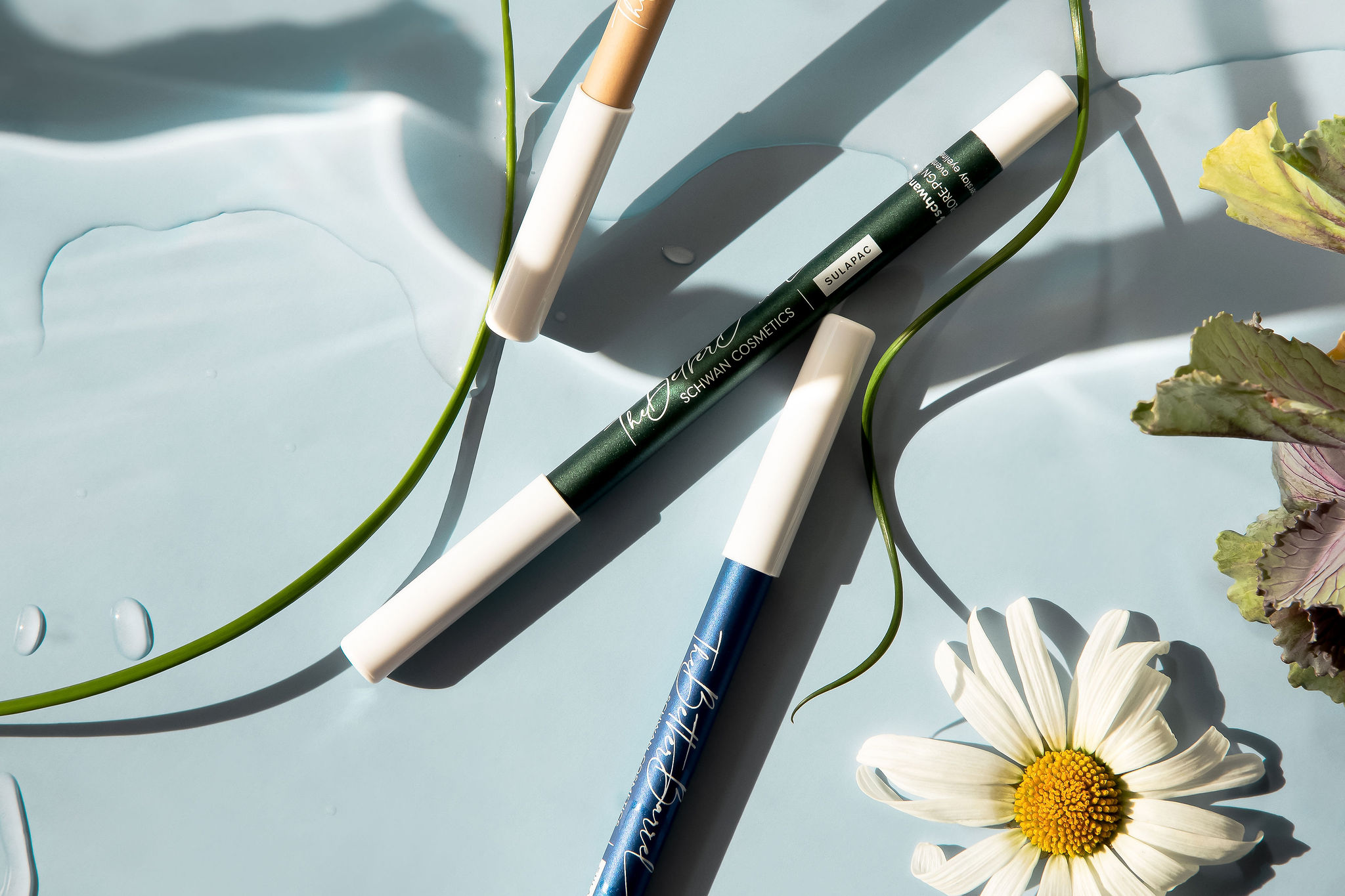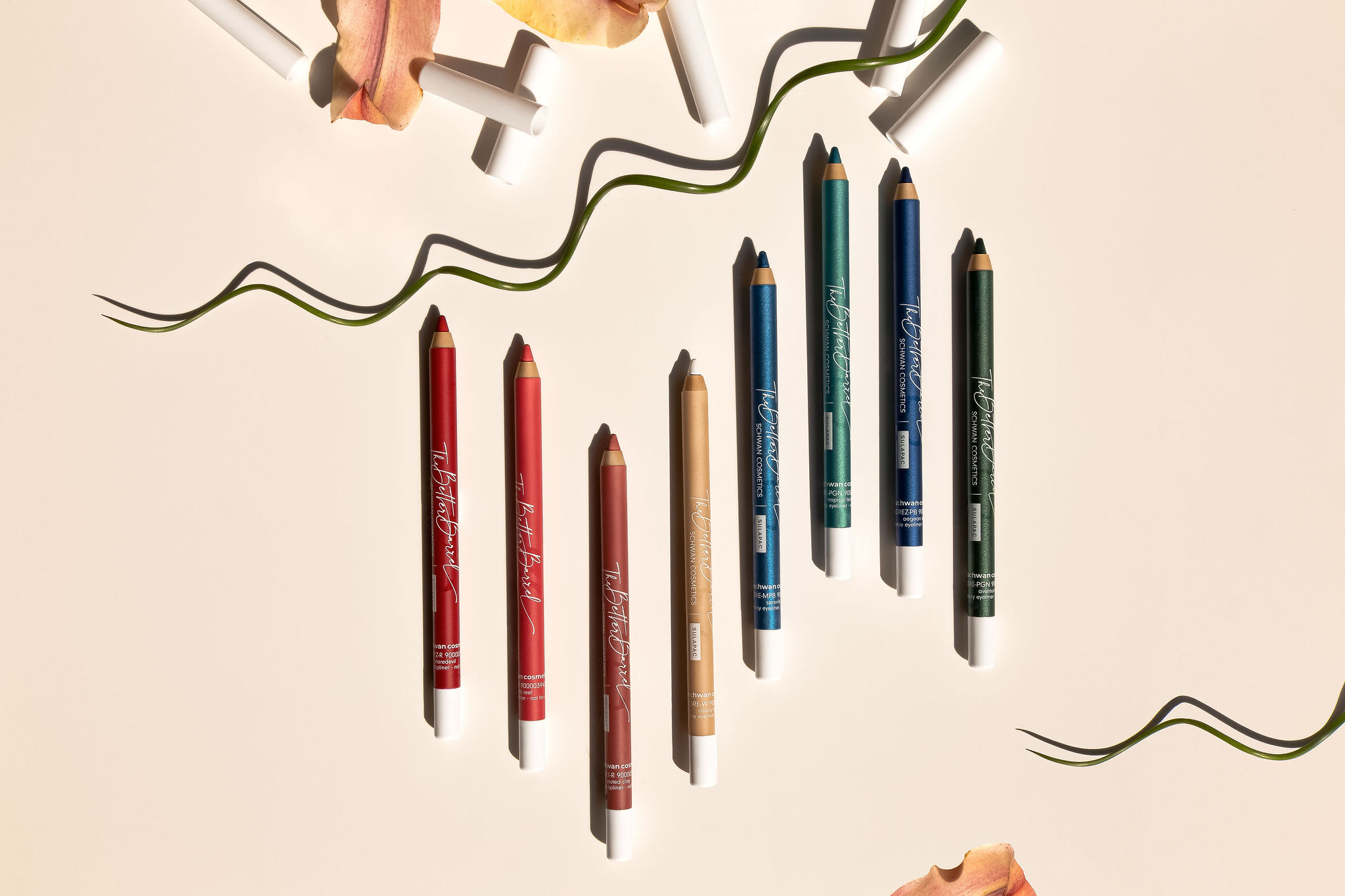Sulapac receives SCS Global Services certificate for recycled content
Sulapac’s Flow 1.8 material has been granted the SCS Global Services certificate for recycled content. The certificate verifies that the main biopolymer used is 100% recycled based on mass balance credit method.

Sulapac is committed to increasing the percentage of recycled content throughout its portfolio with the long-term goal of using only waste-based raw materials or by-products as main ingredients. Sulapac Flow 1.8 is the first material within the Sulapac portfolio receiving the SCS Global Services certificate for recycled content. The certification validates that the main biopolymer used is 100% recycled based on mass balance credit method.
Recycled biopolymers can also be integrated into other Sulapac material grades, whenever there’s customer demand. By far, the interest toward recycled content has been mainly focusing on the cosmetic sector, where brands are actively anticipating the PPWR while also having internally driven targets for recycled content and biobased content alike.
Ensuring the quality, safety, and traceability
In terms of the traceability of the recycled material, Sulapac has a chain of custody management system in place, which adheres to the requirements of the ISO 22095:2020 standard. Applying for a third-party certificate was a way to validate the robustness of our system, says Sulapac’s Quality Director, Aino Tynkkynen.
Currently the recycled biopolymers used in Sulapac Flow 1.8 and other Sulapac materials are partly collected from industrial waste (PIR) and partly from consumer waste (PCR), and then chemically recycled via hydrolysis – a mild process with notably high yields.
“What is excellent in this so-called polymer-to-polymer recycling process is that the purity and mechanical characteristics of the recycled material are parallel to that of virgin feedstock, so there are no limitations regarding the applications and no compromises on quality,” notes Tynkkynen.

Minimizing the environmental impact with non-first-generation raw materials
Using recycled biopolymers offers several advantages, both for the environment and for companies. For one, it eliminates the need to extract virgin materials from nature. This helps to protect natural resources and conserve biodiversity at a time when the demand for materials is constantly increasing. Additionally, utilizing recycled content as part of Sulapac material further reduces the material’s carbon footprint.
Besides recycled content Sulapac Flow 1.8 also contains wood flour from industrial side streams, a residue from wood processing. Although side streams are not considered as recycled content according to the ISO 14021:2016 standard, the wood in Sulapac can be classified as second generation material, which makes Sulapac Flow 1.8 an excellent choice for brands that seek to minimize the use of first generation feedstock.
For some of the bio-based raw materials we use, which are often novel and innovative, recycled grades are not yet commercially available. However, the landscape for biopolymer recycling is rapidly evolving, and the company is always on the lookout for the latest advancements.
This applies also to the certification schemes. New certificates are being constantly developed and Sulapac is following closely this field while also attending carefully to the insights from its customers.
If you wish to find out more about recycled content and Sulapac materials, please don’t hesitate to contact our experts!
Sulapac Ltd is an award-winning material innovation company bringing solutions to the global plastic crisis. By replacing conventional plastic with sustainable, beautiful, and functional Sulapac materials, companies can reduce their carbon footprint, eliminate microplastic pollution, and advance the circular economy. The Helsinki-based company was founded by three scientists in 2016 and serves customers across various industries on three continents. Investors behind Sulapac®, the patented material innovation, include CHANEL and Sky Ocean Ventures.